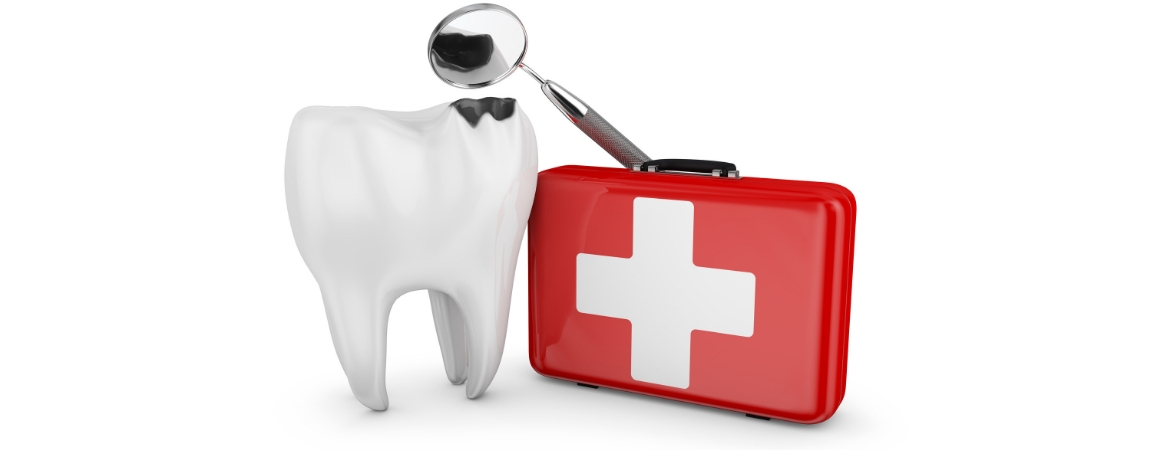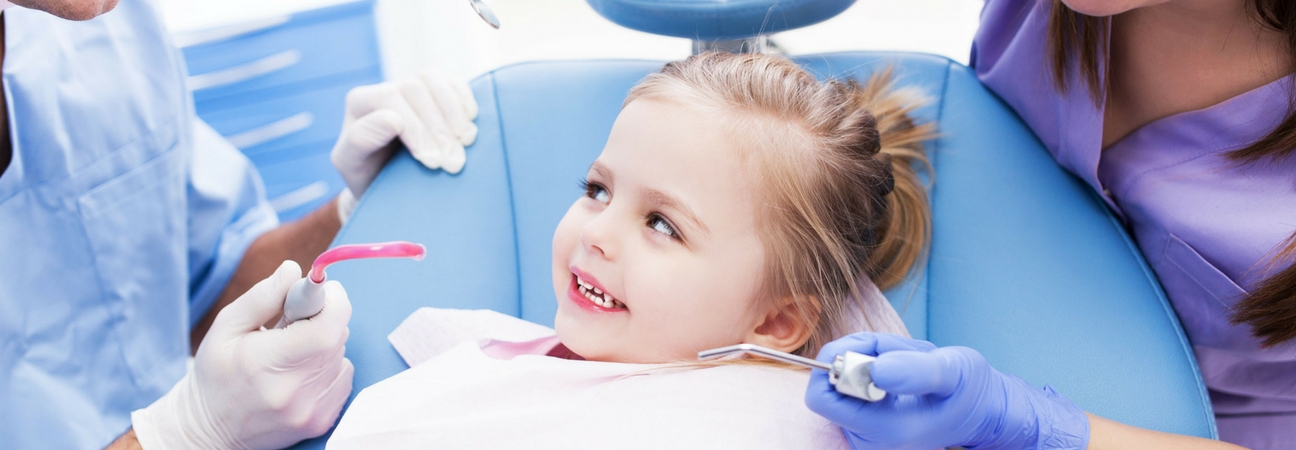
If your child is apprehensive about the dentist even before they’re asked to open wide, then it’s worth knowing what kind of anesthesia procedures your dentist offers. The most common anesthetic used in dentistry is nitrous oxide, sometimes called laughing gas. It works quickly and leaves the body before your child is out of the chair.
At Wilson Pediatric Dentistry, we want all of our patients to feel at ease. You’ll find an explanation of when and how we use anesthesia below.
When General Anesthesia Is the Best Option
The professionals at Wilson Pediatric Dentistry can use nitrous oxide for a dental exam, a cavity fill, and other procedures.
Bigger procedures such as filling multiple cavities, placing a crown, or emergency dental work require more time and may require general anesthesia for your child’s relaxation and safety. It’s very difficult for a child to sit in a dental chair for hours, even if they don’t have anxiety. Your dentist can do more work quickly without the risk of your child jerking or becoming inconsolable.
If we agree that anesthesia is the best option for your child, we will do a physical evaluation, discuss any medications your child takes and make sure they don’t have breathing issues. We’ll also give you a clear understanding of how to prepare your child, what happens during the procedure and what to expect after.
Important Facts About Anesthesia at Wilson Pediatric Dentistry
Before using anesthesia for your child, we’ll answer all your questions. These are a few things to know upfront:
- General anesthesia is administered via IV in our office.
- A parent or guardian must be present for the entire procedure.
- You’ll receive detailed instructions about food and liquids prior to the procedure.
- We’ll watch your child in the office until the effects are minimal.
- Your child will need close observation at home until all effects have passed.
If you’d like to discuss sedation or general anesthesia before coming in, please call us. You can also schedule an appointment at our office in Wilson, NC, serving Greenville & Rocky Mount, and we’ll determine what best meets your child’s needs.

